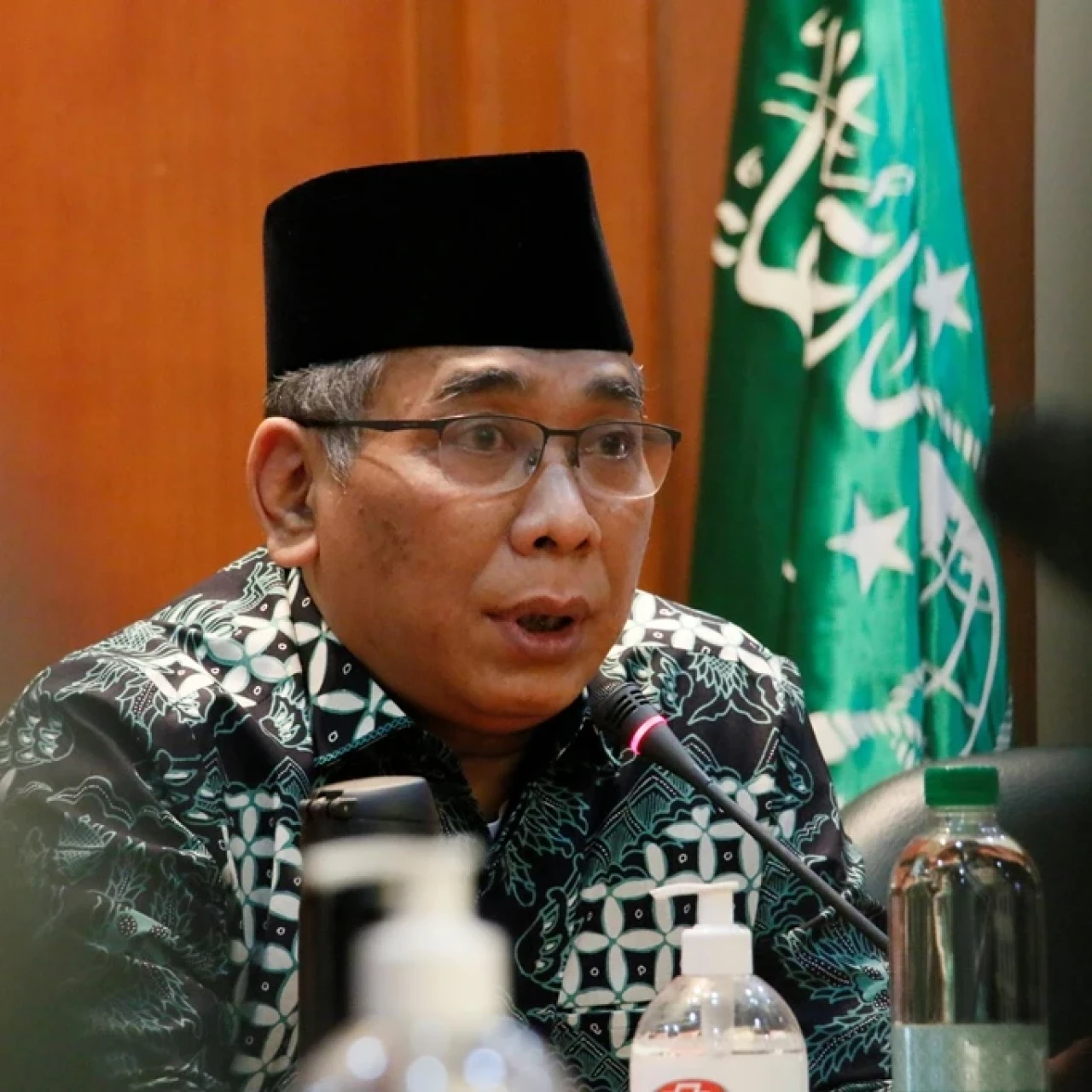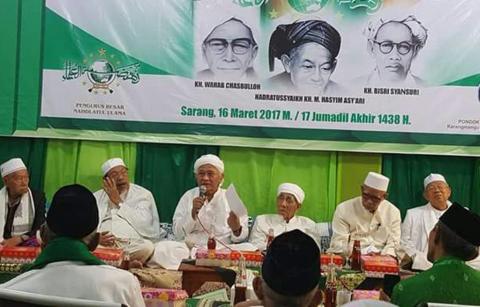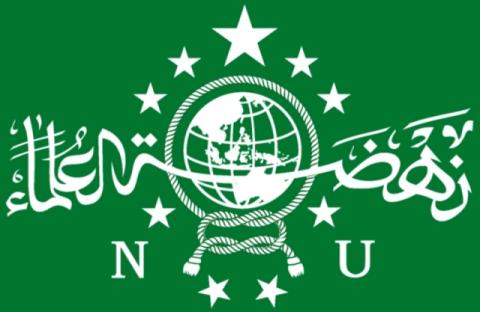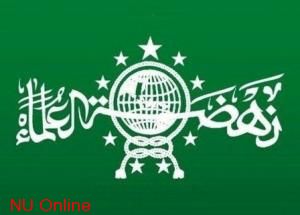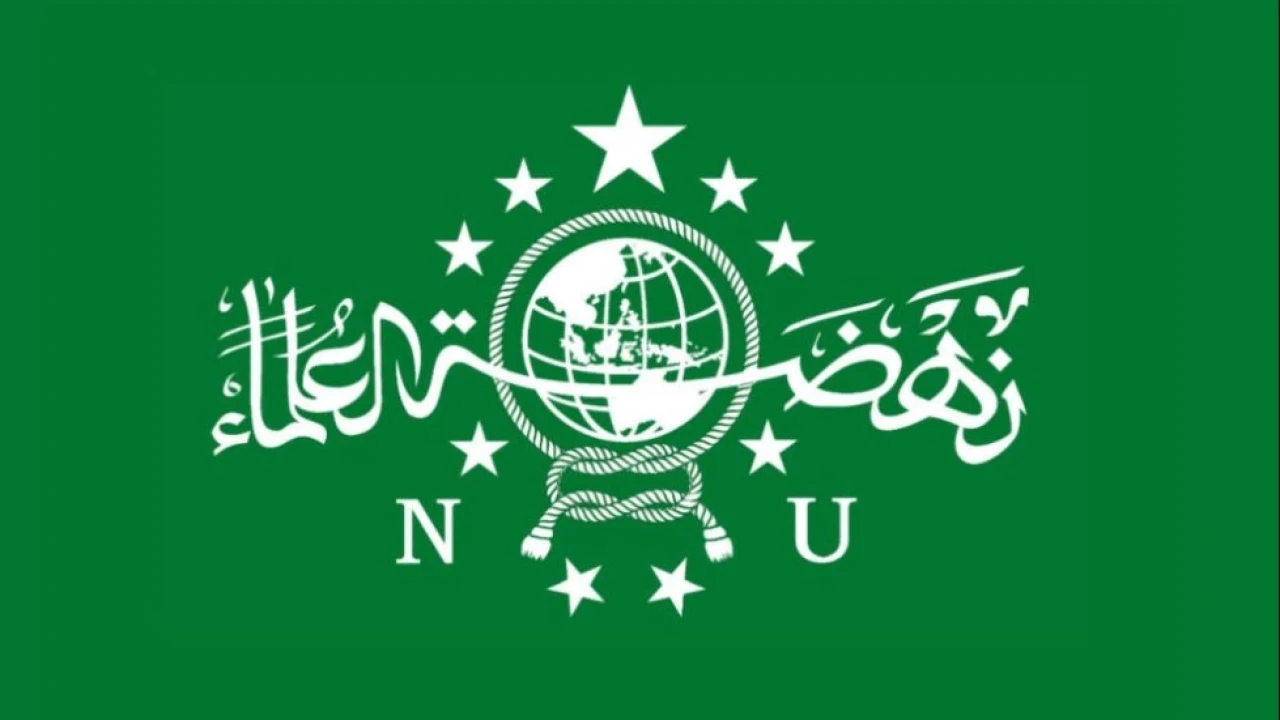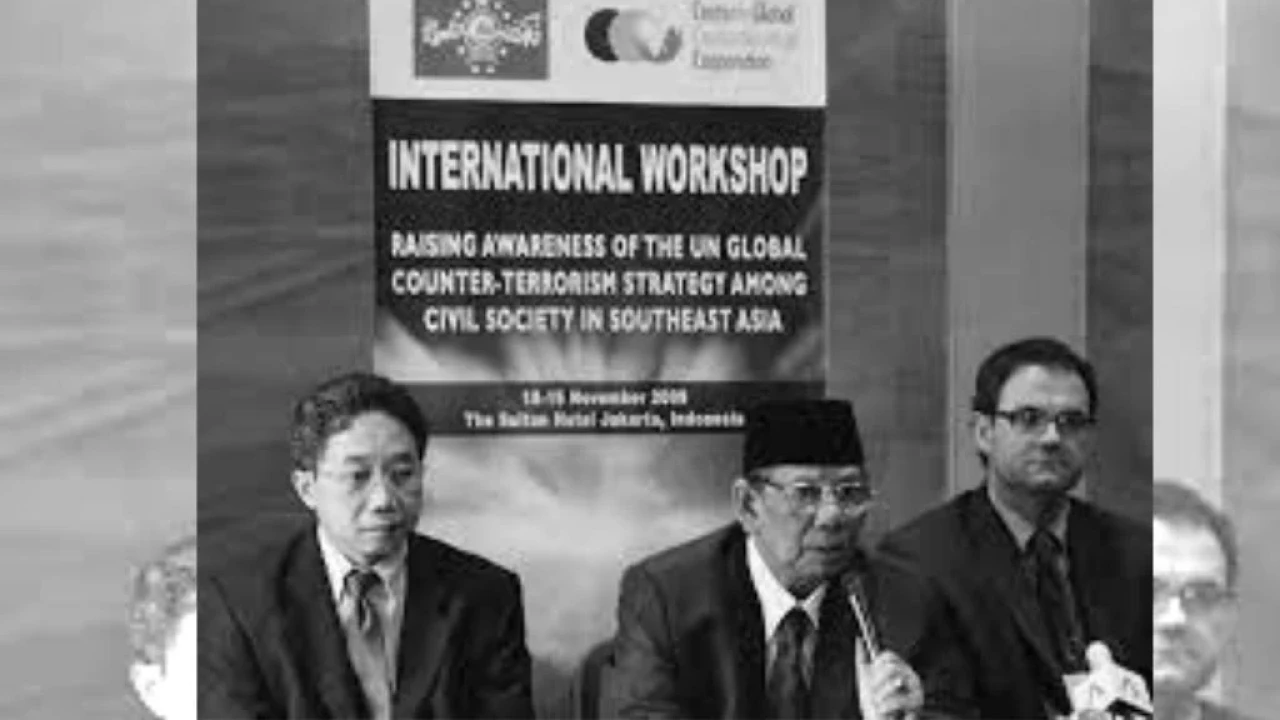Moderation as the Pillar of a Peaceful and Harmonious Multi-Cultural and Multi-Faith Society: The Indonesian Experience
NU Online · Jumat, 22 September 2006 | 12:04 WIB
A Presentation by
KH Hasyim Muzadi
At The High-Level Conference on Inter-Faith Cooperation for Peace
New York, 21 September 2006
Bismillahirrahmaanirrahiim;
Excellencies, Distinguished Delegates, Ladies and Gentlemen;
Assalaamualaikum Warahmatullahi Wabarakatuh;
May peace and God’s blessings be upon us all;
At the outset I would like to congratulate the Tripartite Forum on Interfaith Cooperation for Peace on the convening of this High-Level Conference. Indeed it is an honour for me to have been invited as one of the speakers in this august forum.
I can agree no more with the significance of a gathering like this to the efforts of promoting awareness, empathy, and tolerance, without which realizing peace on earth will continue to be elusive. And when peace is so hard to achieve, the road to social and economic progresses will also remain long and winding.
I believe that the more opportunities we have for dialogues, the greater mutual understanding among different faiths will be accomplished. Only with dialogues can we address differences, develop shared interests, set common agenda, and chart concrete actions.
Excellencies,
I wish to begin this presentation by expressing my gratification with the fact that actions exerted by various stakeholders at different levels to enhance inter-faith dialogue have been increasing in recent times. Those efforts are essential to the realization of abiding peace, and at the international level, they are instrumental to the reversal of what Huntington predicted as the clash of civilizations.
In my view, inter-faith dialogue today is no longer a choice. It is a must. In the age of democracy like today where pluralism is of paramount importance, inter-cultural and inter-faith harmony is a necessary adhesive that could fortify societal cohesion, which is required for the emergence of a robust democracy.
For countries with apparent multi-cultural and multi-faith characteristic like Indonesia, holding diverse social groups with different cultures and faiths in a sustainable way is a daunting task. The key ingredient of a successful multi-cultural and multi-faith society, in my opinion, is moderation (tawassut), which is the opposite of extremism (tatharruf).
Every religion teaches the importance of being moderate. The significance of moderation in Buddhism, for example, can be illustrated in the story of spiritual journey of Prince Siddhartha. On the way to his enlightenment Prince Siddhartha heard a musician telling his disciple who was fixing a sitar: “If you tighten the string too much, it will snap, and if you leave it too slack, it will not play.” Soon after that the Prince received illumination, coming to a conclusion that the path of enlightenment is in the middle and it is the line between all opposite extremes.
As in the tradition of Hinduism, Yajur Veda 40 – 5 teaches that for those who want to realize God the Supreme Reality, they have to follow the path of moderation, righteousness and His laws. And Bhagavad Gita says dedicated worship (Bhakti) through the path of moderation will guide someone to the Universal God.
The teaching of moderation in Islam is very clear. Islam emphasizes moderation and balance in every dimension of human conduct. The Koran says: “We made you to be the community of middle path (Al-Baqarah:143). Prophet Muhammad, Peace be Upon Him, said: “Beware of excessiveness in religion. People before you have perished as a result of excessiveness.”
In my view, moderation could close the gap between conscience and doctrine, between what can be achieved and what should be achieved, between Das Sein and Das Sollen, and between rights and responsibilities. Together with other virtues, namely peace (silm or salâm), justice (‘adâlah), freedom (hurriyyah), tolerance (tasâmuh), balance (tawâzun), consultation (shûrâ), and equity (musâwah), moderation will free peoples from sufferings and guide them to true happiness here on earth and in the day after.
In a reply to two women from Tennessee petitioning the release of their husbands from prison in 1864, a year before the American civil war came to an end, President Abraham Lincoln wrote: “You say that your husband is a religious man; tell him when you meet him, that I say that I am not much of a judge of religion, but that, in my opinion, the religion that sets men to rebel and fight against their government, because, as they think, that government does not sufficiently help some men to eat their b
Terpopuler
1
KH Thoifur Mawardi Purworejo Meninggal Dunia dalam Usia 70 tahun
2
Targetkan 45 Ribu Sekolah, Kemendikdasmen Gandeng Mitra Pendidikan Implementasi Pembelajaran Mendalam dan AI
3
Taj Yasin Pimpin Upacara di Pati Gantikan Bupati Sudewo yang Sakit, Singgung Hak Angket DPRD
4
Kuasa Hukum Rakyat Pati Mengaku Dianiaya hingga Disekap Berjam-jam di Kantor Bupati
5
Amalan Mengisi Rebo Wekasan, Mulai Mandi, Shalat, hingga Yasinan
6
Ramai Kritik Joget Pejabat, Ketua MPR Anggap Hal Normal
Terkini
Lihat Semua



